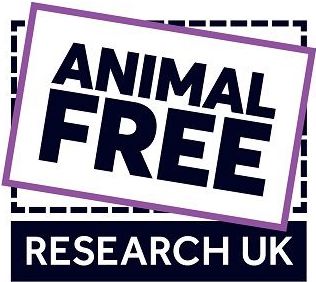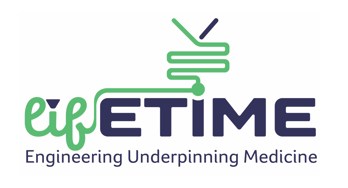It’s just around the cornea! How a new 3D model could help find effective treatments for blindness.
By LifETIME CDT Student: Victoria Hughes (University of Birmingham) Losing my senses is one of my biggest fears, and at the top of that list would be losing my sight – a tough reality that affects up to 250 million people worldwide. Most blindness in the world is preventable and can be attributed to a lack …








